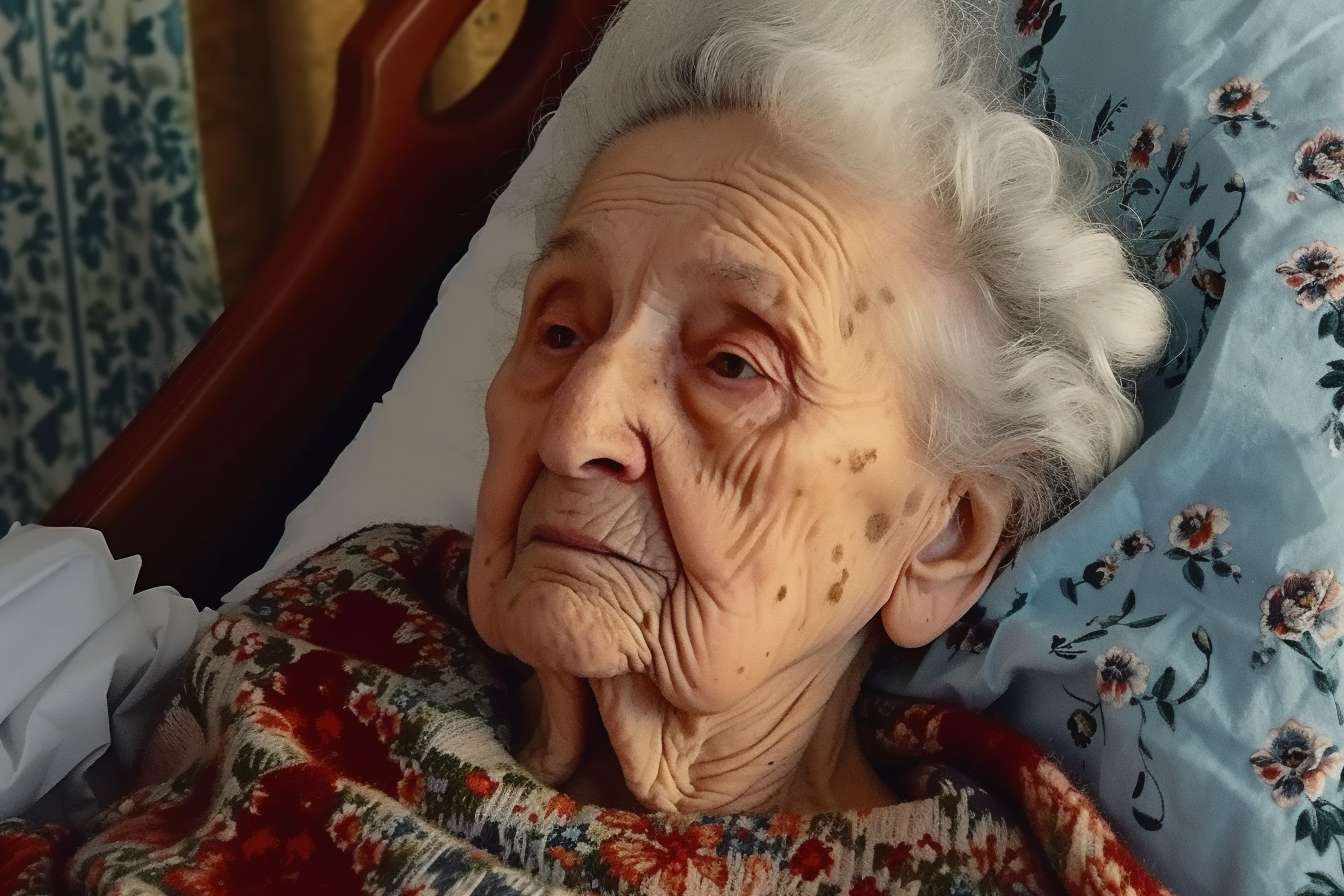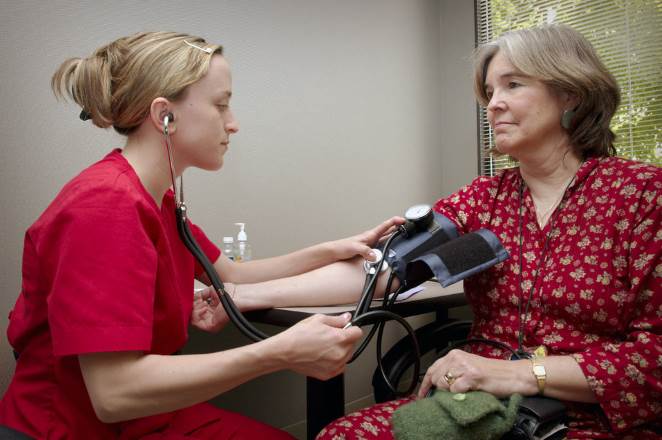Senior Living Options: Care Levels, Lifestyle, and Planning
Choosing the right senior living arrangement is a major life decision that blends lifestyle goals, health needs, safety, and budget planning. From independent living communities to specialized memory care and skilled nursing, each option offers a different mix of services, amenities, and support. This guide clarifies the core differences, what daily life can look like, how care is coordinated, and practical steps to evaluate communities in your area so you can approach the process with confidence and clarity.

This article is for informational purposes only and should not be considered medical advice. Please consult a qualified healthcare professional for personalized guidance and treatment.
Senior living levels at a glance
Senior living spans several care levels. Independent living is designed for active older adults who want maintenance-free homes, social activities, and convenient services like dining and transportation. Assisted living adds daily support with activities such as bathing, dressing, and medication reminders while preserving autonomy. Memory care serves people living with Alzheimer’s or other dementias in secure, structured environments with specialized programming. Skilled nursing facilities provide 24/7 medical care and rehabilitation. Some communities offer multiple levels on one campus—often called continuing care or life plan communities.
Daily life and amenities
Life in senior communities typically centers on choice and connection. Residents may enjoy private apartments, chef-prepared meals, housekeeping, laundry, and scheduled transportation. Amenities commonly include fitness studios, gardens, libraries, and arts programs that encourage physical, mental, and social wellness. Many communities host interest clubs, volunteer opportunities, and intergenerational events. Policies vary on pets, overnight guests, and personalization of spaces, so verify what is allowed. Ask how communities tailor activities for different abilities and how they gather resident feedback to keep the calendar fresh and inclusive.
Health, safety, and care coordination
Safety features like emergency call systems, well-lit common areas, and accessible design are standard in most modern communities. Assisted living and memory care settings often provide care plans, medication management, and coordination with outside clinicians. Some communities facilitate on-site wellness visits or therapy through third-party providers; availability depends on local regulations and partnerships in your area. For skilled nursing, expect licensed nurses on-site around the clock with clinical oversight. Because regulations differ by region, request copies of inspection records, licensing status, and staff training details to understand how quality and safety are monitored.
What does “bulk_create_keyword” mean here?
If you encounter the term bulk_create_keyword in digital content about senior living, know that it is not a care term. It is a placeholder or internal tag sometimes used in marketing or content production workflows. In practical terms, it has no impact on the services you or a loved one would receive. When researching communities, focus on clear, consumer-facing language—care levels, staff qualifications, safety protocols, contracts, and what your monthly fee includes—rather than any technical publishing markers that may appear in online materials.
How to compare communities in your area
Start by listing priorities: desired location, level of care, apartment size, dining style, and budget parameters. Tour at different times of day to observe staffing patterns and resident engagement. Speak with residents and families about their experiences. Ask for a sample contract and itemized list of what is included (e.g., meals, housekeeping, transportation) and what costs extra (e.g., personal care minutes, medication assistance). In the United States, skilled nursing facilities post inspection results through public sources; assisted living oversight varies, so check your state or regional regulator. If possible, try a respite stay to experience daily life before making a long-term decision.
Planning for transitions and future needs
Needs can evolve. If you are relatively independent today, consider whether a community offers higher levels of care on the same campus or has partnerships for home health, rehabilitation, and hospice services. Ask about the process for reassessment, how care plans are adjusted, and what triggers a move within the community. Find out about waitlists, deposit policies, and how residents are supported during transitions—both practically and emotionally. Clear information about staff communication, family involvement, and emergency plans can make future changes more predictable and less stressful, helping you balance independence with peace of mind.
Financial considerations beyond price tags
While exact pricing varies widely by region, care level, and apartment type, it’s useful to understand how costs are typically structured. Independent and assisted living often combine a monthly base fee with add-ons for personal care services. Memory care usually carries a higher base rate due to staffing and security needs. Skilled nursing is generally billed daily and may include therapy charges; insurance coverage and public benefits differ by country and policy. To plan realistically, request written estimates that show what is included, potential increases, and how the community handles changes in care needs over time. Consult a financial advisor or elder law professional for guidance on funding strategies and long-term planning.
Bringing it all together
Senior living is ultimately about aligning support with the life you want to lead—today and as needs change. By understanding care levels, scrutinizing safety and staffing, experiencing daily life through tours or short stays, and clarifying costs and contract terms, you can make a well-informed choice. Keep the focus on transparent, plain-language information rather than technical publishing tags or marketing jargon, and lean on clinical and legal professionals for personalized guidance when health or financial questions arise.






